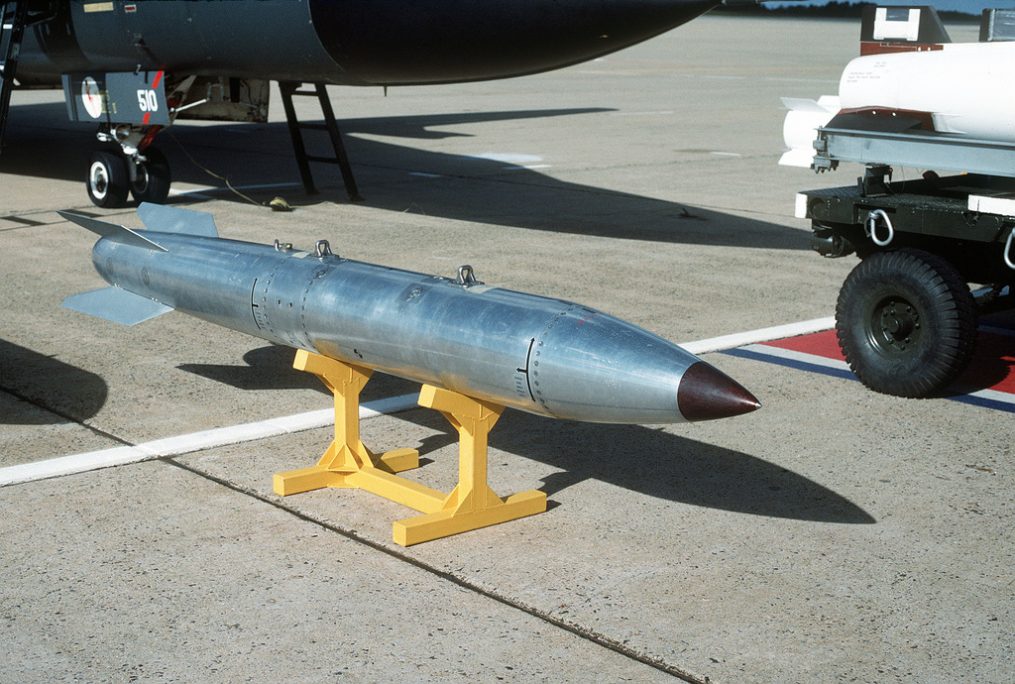Publications
Scientific publications
Readings & Reviews
Research axes
The collections
Scientific publications
Readings & Reviews
Research axes
The collections

Model digital transformation for Defense organizations : In search of the Fit
Defense organizations have always been confronted with the question of integrating technological innovations. These technologies can be used in the context of operational actions, but they also serve to improve the performance of defense organizations (Joint forces headquarters, planning staffs for example).
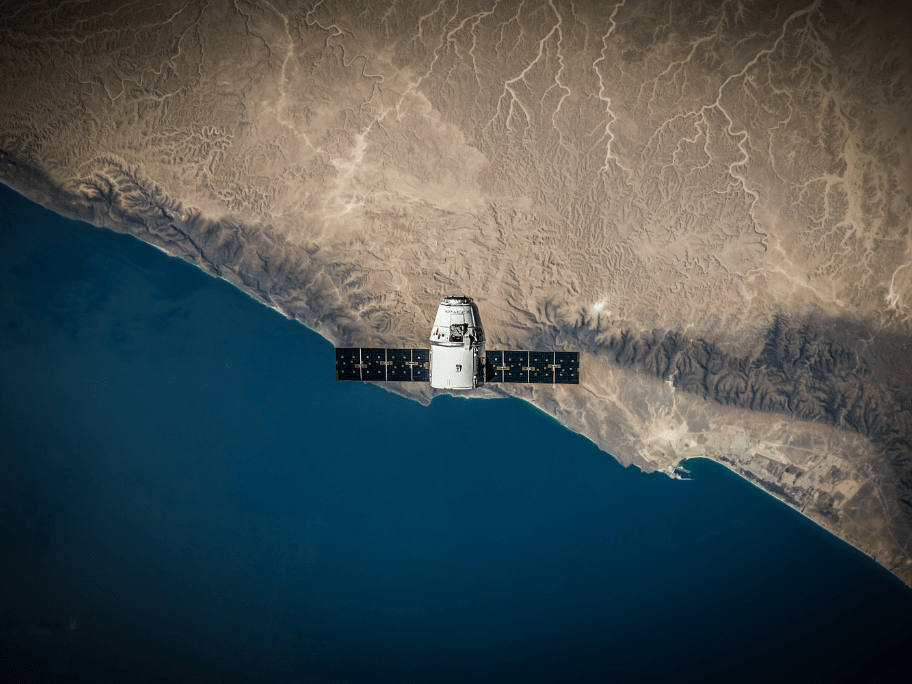
Cyber threats: a new issue for space security
For a long time, reflections on space security have focused on attacks of a kinetic nature or of electromagnetic origin. With the expansion of cyberspace, the space industry has had to consider new threats and new types of actors.

The political construction of the French nuclear consensus
Strategic research and historiography put forward the idea of a French national consensus on foreign and security policy based on the rallying of the left to the strike force at the end of the 1970s.
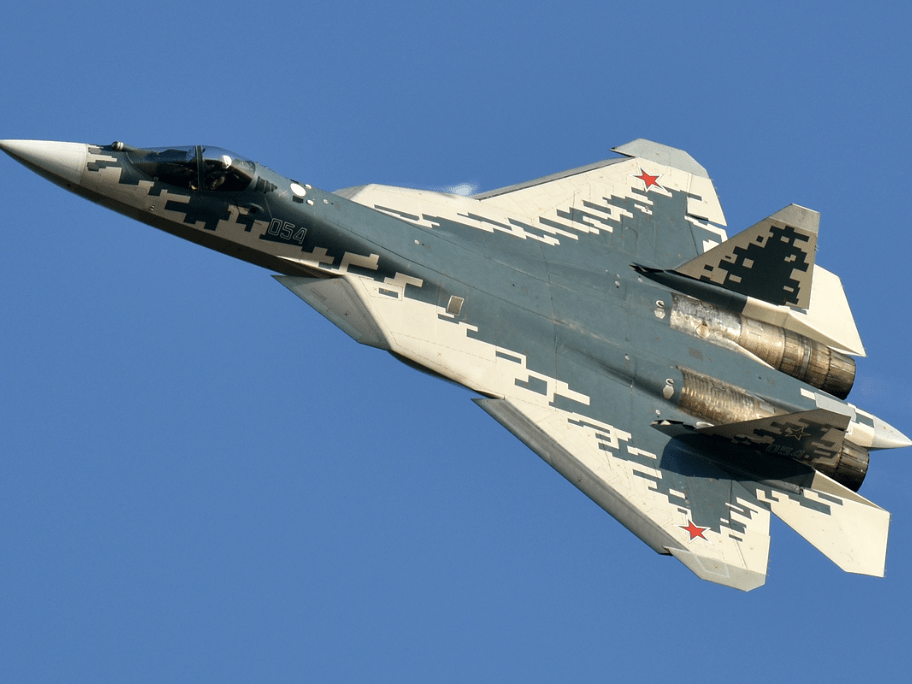
Analysis of Russian Airpower in the 21st Century
Russia intends on utilizing its airpower to conduct offensive power projection in neighboring countries and to defend itself from Western encroachment.
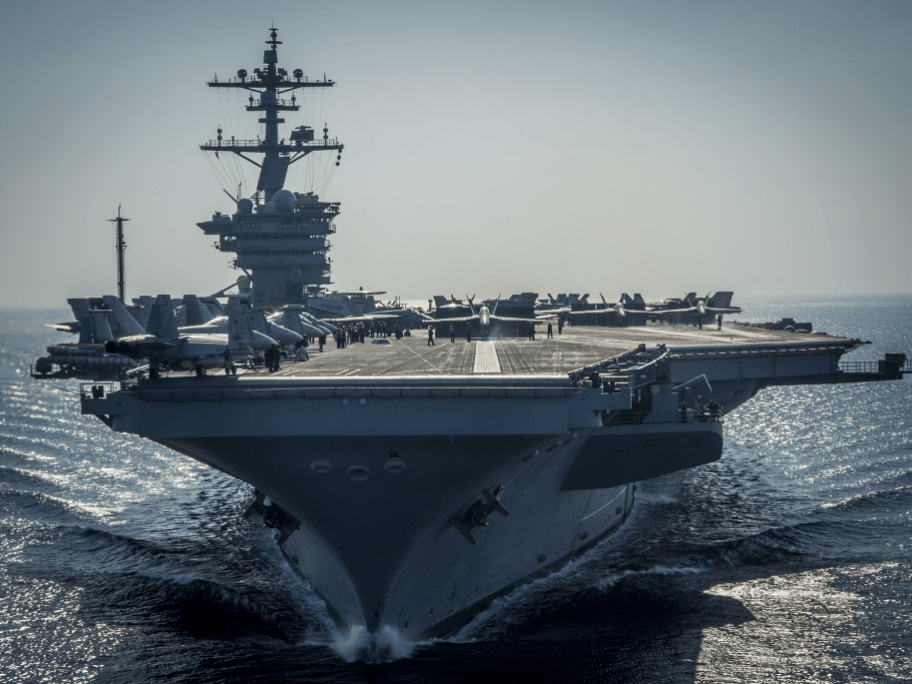
Alternatives to the aircraft carrier: an analysis of the French strategic debate
Since the end of the Second World War, the status of capital ship of the aircraft carrier has been a consensus. However, the criticisms against him seem to be on the increase today. These are based on geostrategic, techno-capability and / or economic considerations.

The digital integration of armies, from tactical incorporation to strategic conjunction
The implementation of digital tools in the armed forces has led to upheavals at both an organizational and human level, which cannot be understood from a simple technical or technological point of view. For this reason, this paper focuses on conducting a human and sociological analysis centered on the process of “digitalization of armies” rather than analyzing cyber separate from the rest of the armed forces.

Economics of maritime flows, Economics of naval forces. Reflections on the notion of spatial address in the British thalassocratic strategy
Studying the heyday of English imperial power from 1830 to 1940, John Darwin judges that “[if] the British were able to build a world empire, [it] is because they were able to exploit the opportunities of global connectivity more completely than their rivals” Whether we consider the Empire in terms of its politico-economic “connections” or its military “maintenance”, can we say that this double dimension of “global connectivity” was thought by the British simultaneously?
𝐀𝐩𝐫𝐢𝐥 𝟐𝟎𝟐𝟎
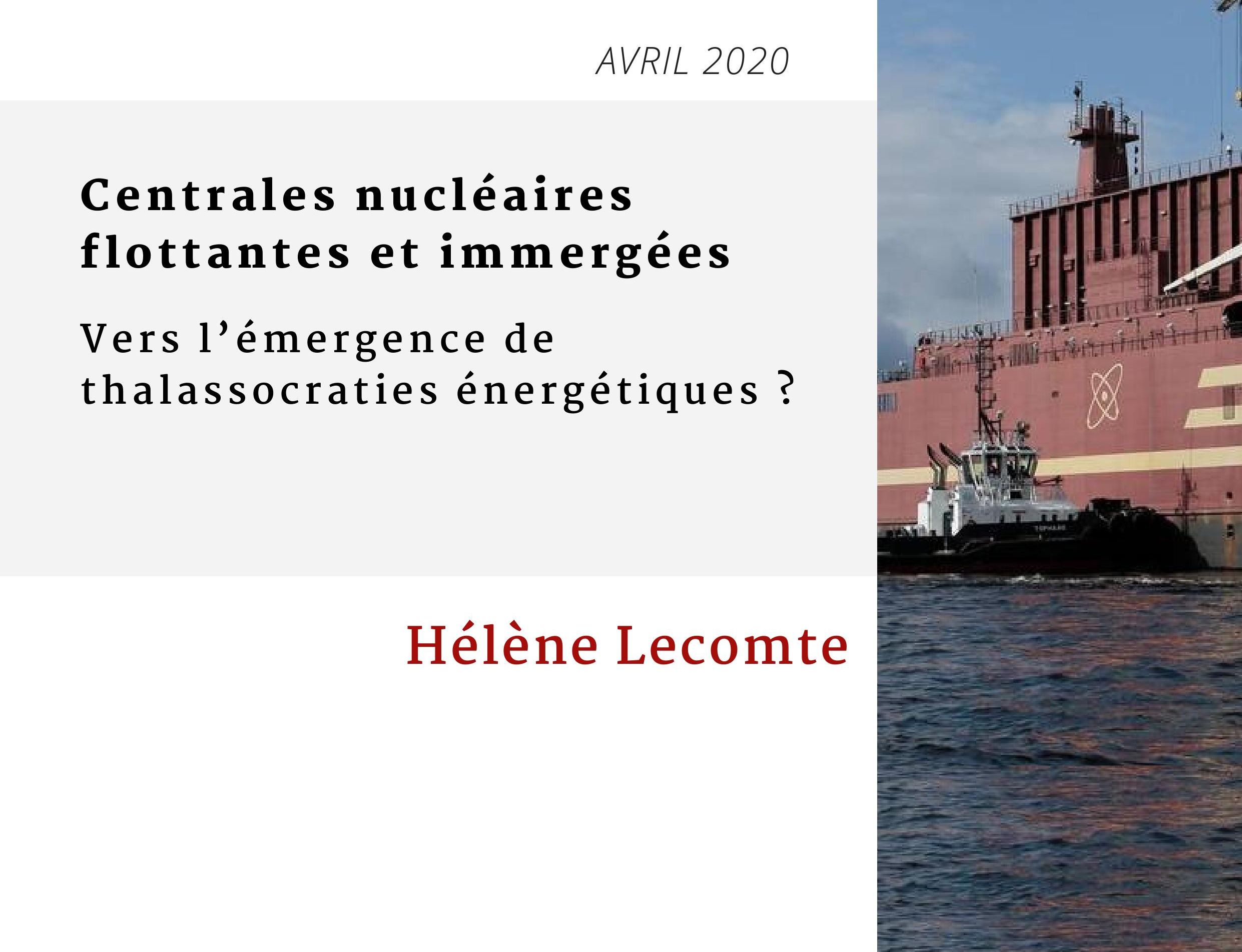
Floating and submerged nuclear power plants: towards the emergence of energy thalassocracies?
Moving nuclear power generation out to sea is not as innocuous as one might think. At a time when Russia and China have embarked on the construction of vast fleets of offshore nuclear power plants destined to conquer new markets, the emergence of these small disruptive reactors raises the question of their
possible exploitation for geostrategic purposes.

Carl von Clausewitz in his time: die Natur des Mannes
The eight books of Vom Kriege (On War), written between 1820 and 1831 by the Prussian general Carl von Clausewitz, have long inspired strategists and strategists, despite the incompleteness of the work and the often arduous philosophical criticism that structures the frame.


